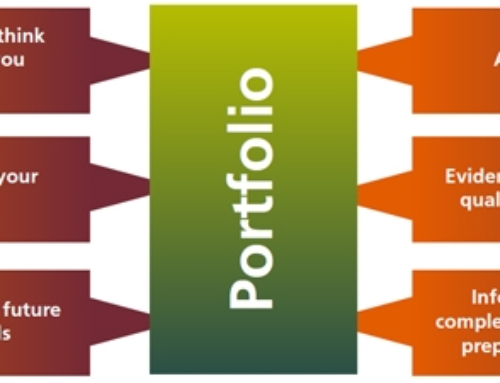That natural curiosity about other people’s reality, technically speaking, signifies “
This way of tuning in to another person does more than give us an understanding of their view – it tells us how best to communicate with that person: what matters most to them, their models of the world, and what even what words to use – or avoid – in talking with them.
And that pays off in many ways. Managers with excellent cognitive empathy, for instance, get better than expected performance from their direct reports. And executives who have this mental asset do well when assigned to a culture different than their own – they are able to pick up the norms and ground rules of another culture more quickly.
But
We see the third variety,
In the classroom you see empathic concern when a teacher creates a similar atmosphere and students feel free to let their curiosity roam freely.
Which kind of empathy should a leader, a teacher, or a parent have? All three.





